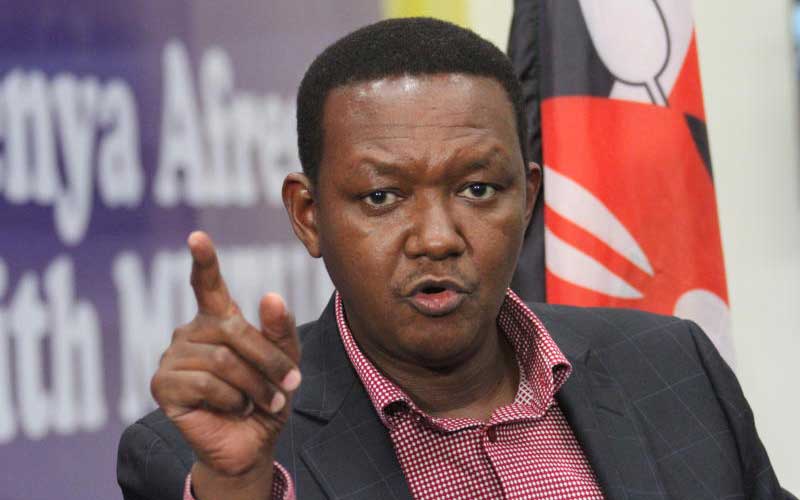×
The Standard e-Paper
Stay Informed, Even Offline

Machakos Governor Alfred Mutua. [File, Standard]
He launched his presidential bid a week ago, promising to usher in a new brand of leadership and create thousands of jobs. Machakos Governor Alfred Mutua speaks to ‘Sunday Standard’ writer Allan Mungai on his dreams and aspirations for the country, and what he will do to put it back on track.